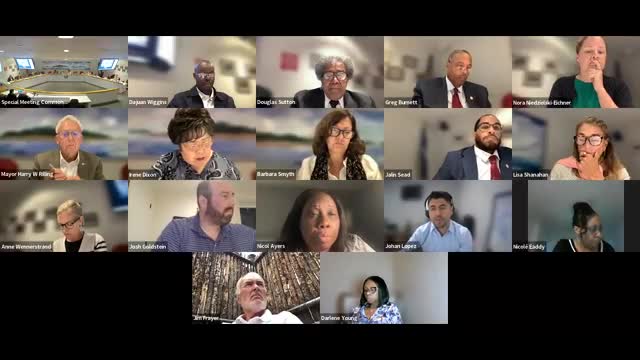Article not found
This article is no longer available. But don't worry—we've gathered other articles that discuss the same topic.
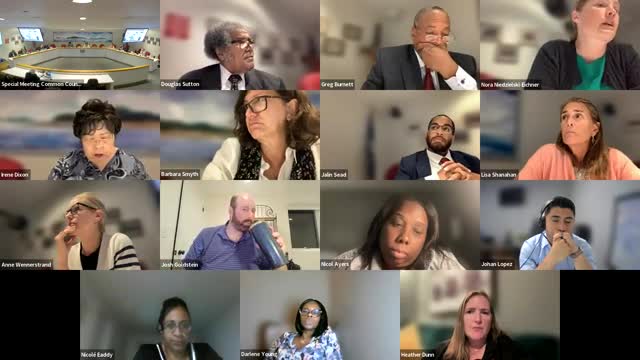
Common Council approves Charter Revision Commission final report for referendum
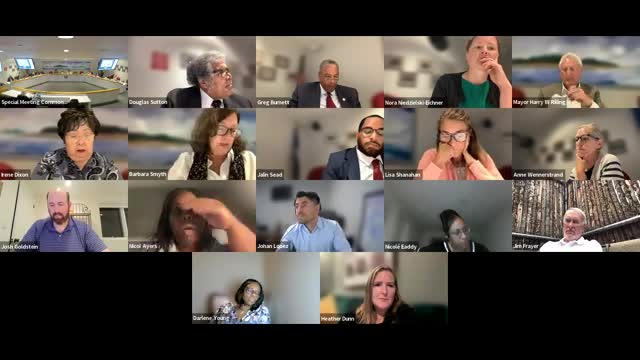
Norwalk council approves three charter questions for Nov. 4 ballot, finalizes language
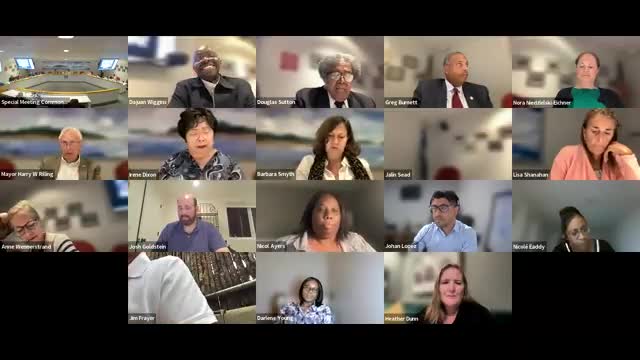
Council strikes proposed geographic quota for Board of Estimate and Taxation, retaining current membership rules
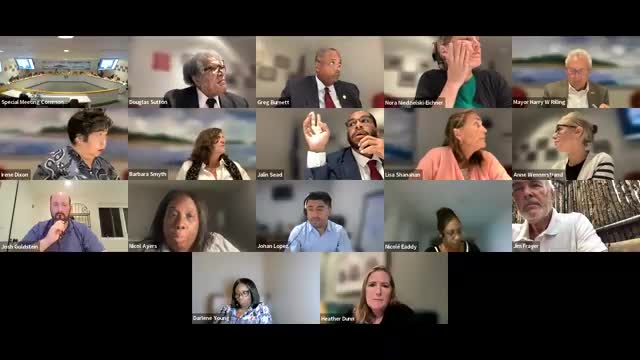
Council keeps 4-year term proposal on referendum after rejecting motion to strike it
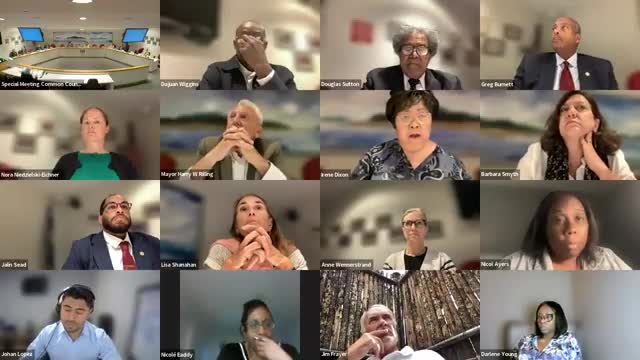
Norwalk council keeps proposed pay increase for council on November ballot
